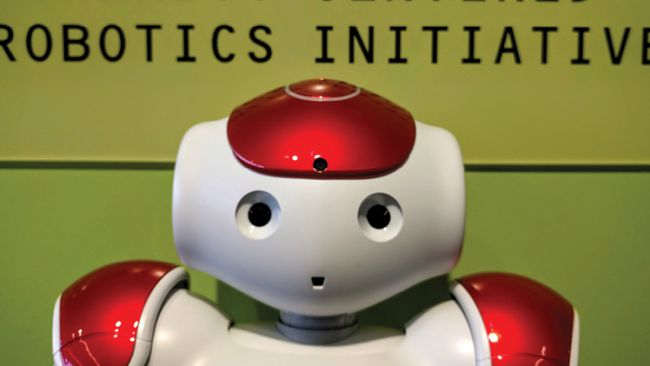A future in which #robots and #AI help us create things we have never dreamed of and solve the challenges of meeting the needs of all people
47% of existing labor in the US will be replaceable by robots & AI in 20 years. Traditional job retraining will not suffice for this loss. A weak parallel may be found in the farming which dropped in the US from 20% of the population down to 2% in the space of 50 years. But this parallel discounts the scope of jobs to be displaced by automation and robotics. New concepts of jobs and new methods of re-skilling need to be developed that speed the pace of acquisition of new skills and the transition for workers between fields. Heartwarming anecdotal examples of this transition exist like David Lang's "Zero to Maker" journey from financial services professional to robotics inventor and CEO. But this level of re-skilling requires a significant resource base and personal investment that is currently difficult for many to achieve. A combination of improved training methods and improved safety net support need to be developed to help workers transition to from a traditional labor economy to our post robotic and AI future. Waiting for government policy to catch up to the speed of coming change will not be sufficient. New private initiatives both for profit and non-profit will be needed.
Agricultural productivity for the bulk of the population is accomplished with a 2% participation rate. In our AI/Robotics future overall global productivity may require less than 1% of the population. Only a minority may have the qualifications to keep pace with the change in technology.
Now few people who are wealthy earn money for labor. We don't begrudge somebody living off of interest or investments. We need a new system for resource exchange outside of traditional labor for most people. Perhaps this is a new monetary system, or a skills bank, or a MMOG? A new paradigm is needed.
